Young Burundians from 15 provinces have been trained on how to set up their own business and use basic techniques for the peaceful resolution of conflicts during the second edition of Twese for Peace camp that took place from 29 July to 08 August, 2014 in Bujumbura.By Lorraine Josiane Manishatse
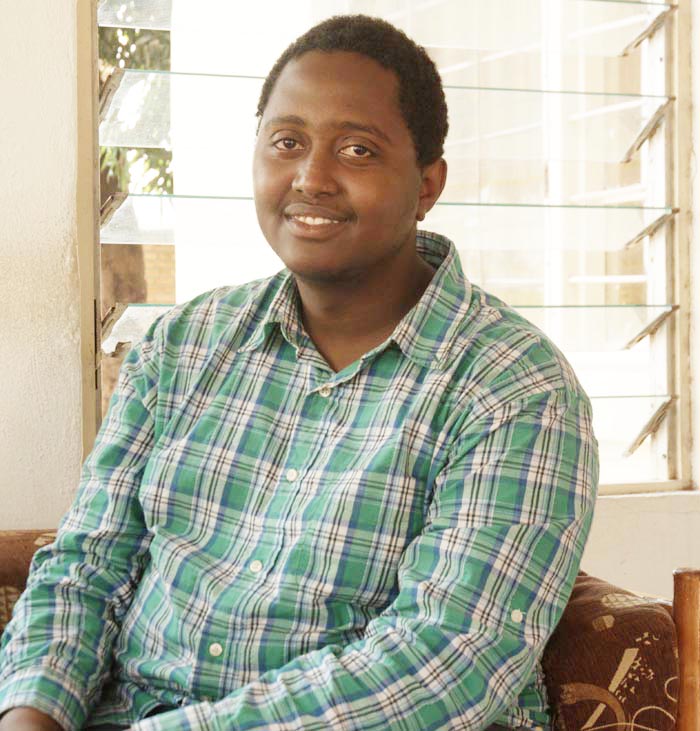
Armel Arnauld Nibasumba, a Burundian studying at Middlebury College, Vermont, USA. Trainer for Twese for Peace ©Iwacu
Armel Arnauld Nibasumba (21), a Burundian studying at Middlebury College inVermont, has recently implemented the secondedition of Twesefor Peace (All for Peace). His objective is to train Burundians aged 17 to 23 on how to create their own business and use basic techniques in peaceful resolution of conflicts. He explains that the idea for starting the Twese for Peace project came from his life in the USA. “At school, there were students of more than 57 different nationalities. When I was talking with my classmates, I learned that in other countries youths are active, innovative, and creative. In Burundi, people younger than 24 represent 65% of the population. I realized that if they are not trained, they will destroy the country and consequently no development is possible.”Nibasumba followed an entrepreneurship training in the USA and strongly believes in the power of business to transform a community.
Through the training, beneficiaries have learned that for starting an enterprise, one should work according to his passion and the demand.“A problem can become an opportunity for an entrepreneur. If there is a lack of water in aquarter, it is a good opportunity for an entrepreneur to start abusiness inwater tanks”, hesays.
Satisfactory results
According to Armel Arnauld Nibasumba, results from the Twese for Peace trainings are satisfactory. “Among Twese for Peace 1st edition trainees, there are some who are now running their own business. One transforms plastic waste into jewelry for women, whileagroup of three boys opened a fashion agency”, he says proudly. He hopes that trainees in this 2nd edition will also change things for the better in the lives of Burundian youth. “During the training session, there was a time for young trainees to expose the business they would run. All projects were exciting.”
Monia Kado, a Burundian studying at National University of Rwanda, was pessimisticabout her future before the training. “Regarding the political situation of Burundi, I described Burundi negatively, but now, I recognize that Burundi will be what we make it. We must change it by developing it and we are able to do so”, she states. “Before, I didn’t knowabout the history of Burundi, I was not patriotic, but now I decide to work for my country’s development. I want to sensitize others to develop a patriotic spirit insteadof looking for only theirprofits.”
Her view is shared by Régis Isirahenda, a pupil at Petit Séminaire of Buta, and fellow trainee at the 2nd edition of Twese for Peace. “I have already estimated that nautical tourism is important in this country”,he boasts. Both Isirahenda and Kado add that, through this training, they learned that dialogue is the most efficient way to resolve conflicts. “Weare used to fighting to resolve conflicts”, Isirahenda says.
Armel Nibasumba points out that Twese for Peace objective is to have an active, optimistic and patriotic youth. “Burundian youth should make a network for exchanging information and experiences from different communities in order to reconstruct their future.”
——————————————————————————————————————————————————-
Twese for Peace camp is a summer camp that aims to introduce the concept of entrepreneurship and peaceful resolution of conflicts to young Burundians pupils and students aged 17 to 23. They receive training on fundamental skills to set up their own business and also using basic techniques for the peaceful resolution of conflicts.It is endorsed by Clinton Global Initiative and the Middlebury Center for Social Entrepreneurship, in partnership with Davis Projects for Peace.

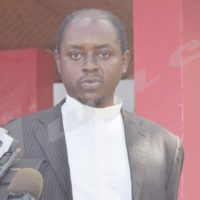
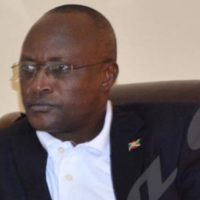
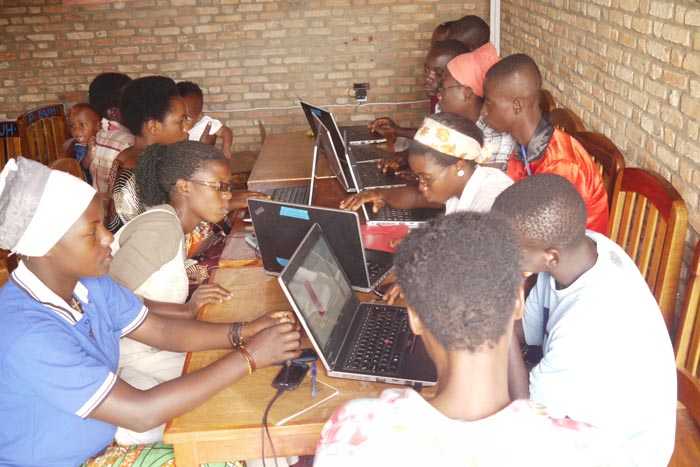
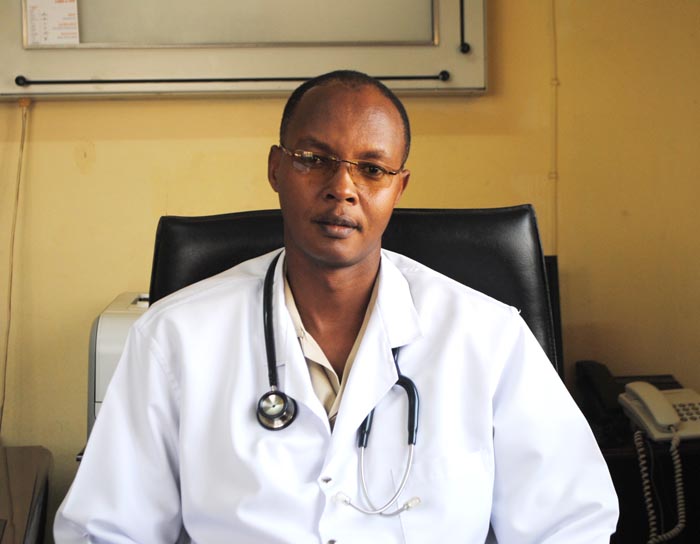













 IWACU Open Data
IWACU Open Data

